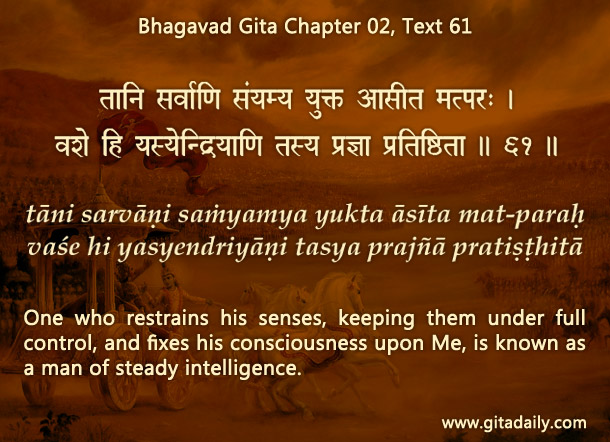We often instinctively resent whenever we are told no to something that we wish to do. Such resentment is understandable because we equate the no with a deprivation and we naturally don’t want to be deprived.
But such instinctive emotions often blind us to the reality that all noes are not created equal. That is, all noes are not the noes of deprivation – some may well be the noes of protection. When a patient is told not to eat certain food that no is different from, say, racist discrimination that doesn’t let people of certain races to enter some hotels. The noes of deprivation are usually born of discrimination and misconception, whereas the noes of protection are born of a long-term vision that stems from education, a vision that is not always available to everyone.
Children who throw a tantrum when told not to eat too many chocolates don’t understand that they will suffer the consequence of spoilt teeth – a consequence that the no protects them from. They need to grow up to see the no to be a no of protection, not of deprivation.
Similarly, when Gita wisdom offers some regulations that discourage us from certain indulgences, that’s because it wants to protect us from the entanglement and affliction that results due to ensuing attachments. The Gita (02.61) points to the positive focus of the Gita: fixing the mind on Krishna. Gita wisdom explains that the highest happiness is found in the remembrance of Krishna, remembrance that is made difficult by obsession with worldly gratification and is made easier by regulation of such gratification and the redirection of our desires from the world to Krishna.
So, rather than extrapolating on the Gita the noes of deprivation we may have encountered in our lives, if we can open-mindedly approach it, we will realize that its noes of protection and spiritual redirection are dramatically different.
Explanation of article:


Amazing put once again , CCD – we are blessed with your wisdom
Thank you so much, Hare Krishna